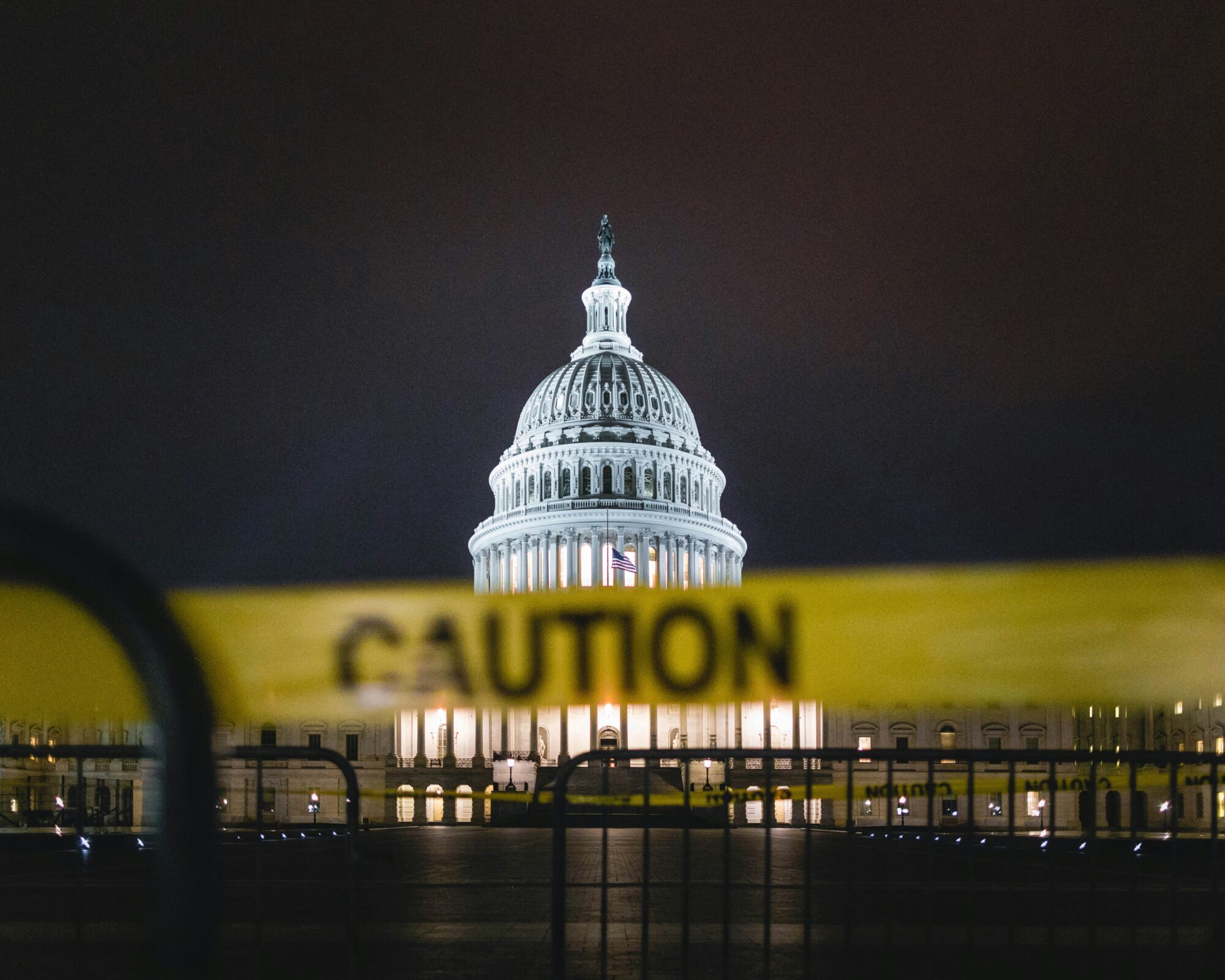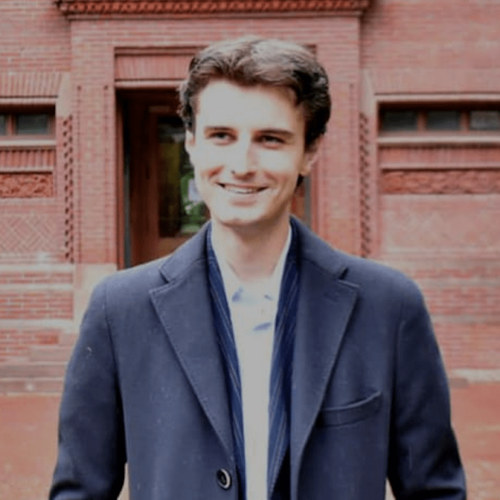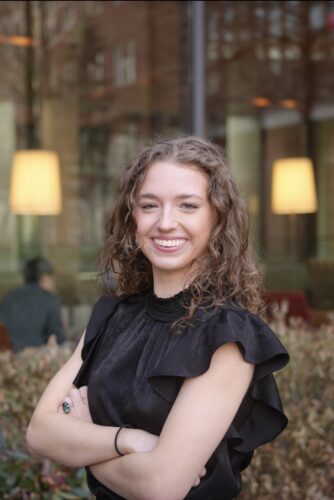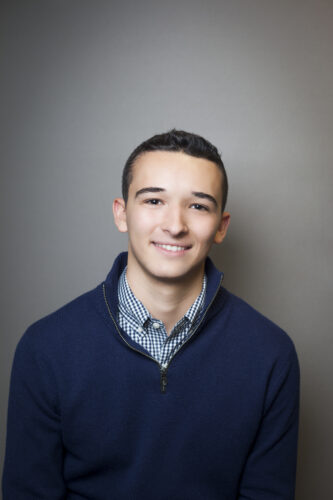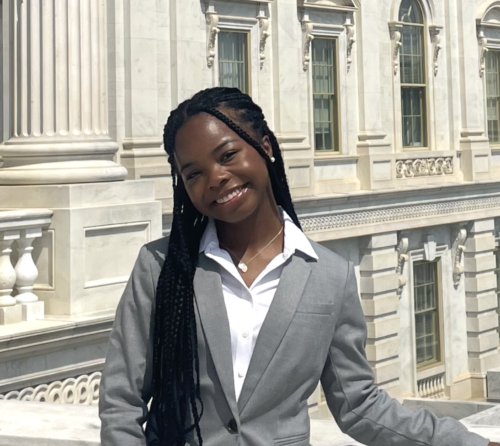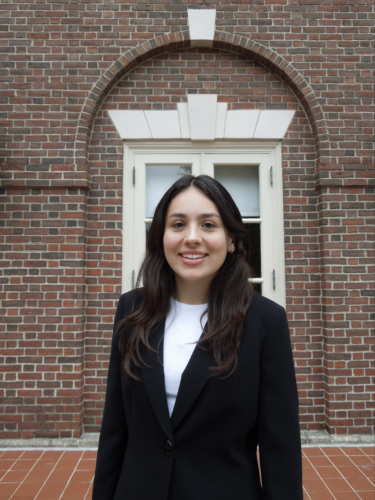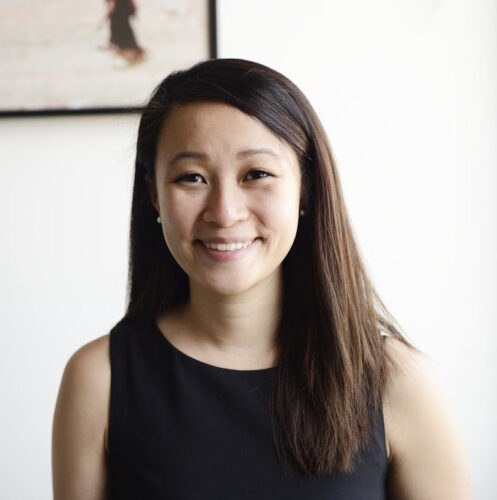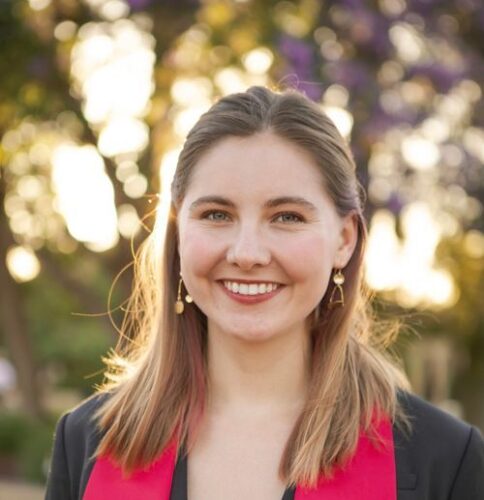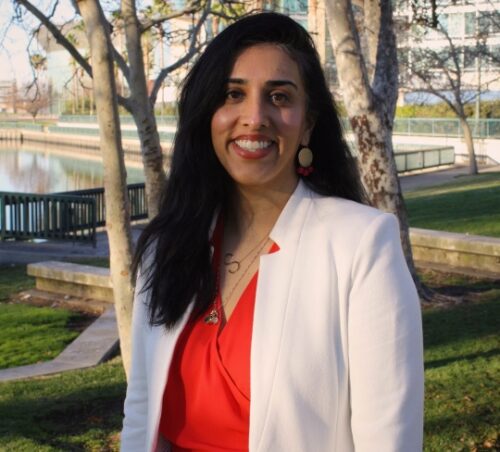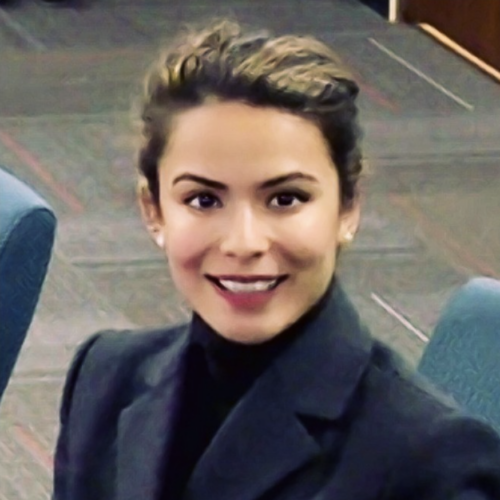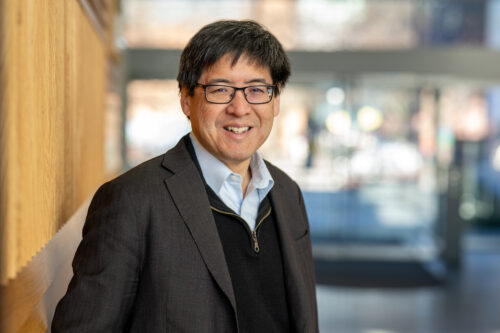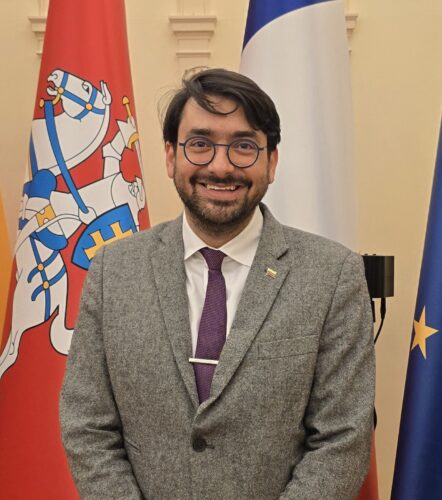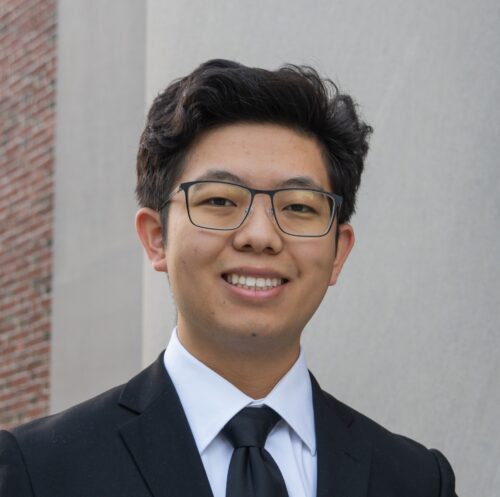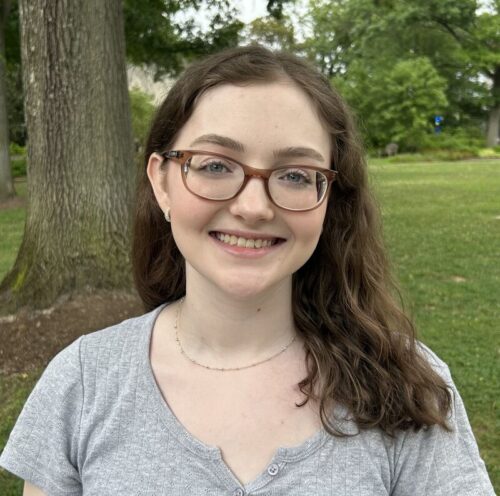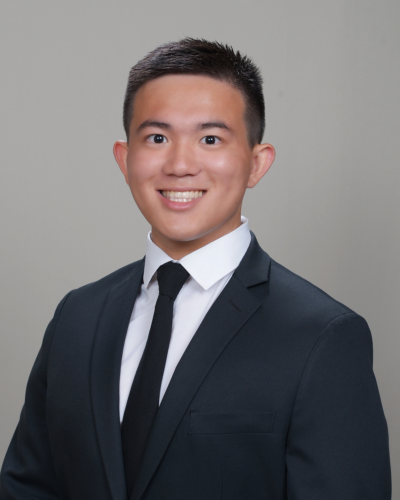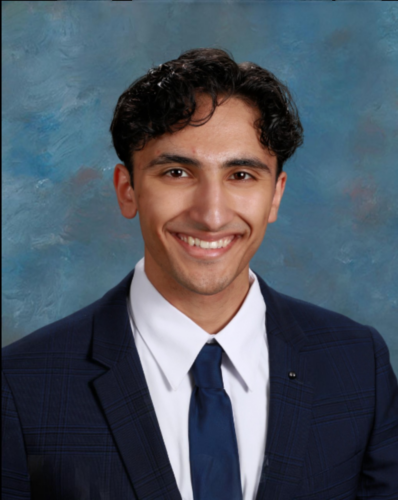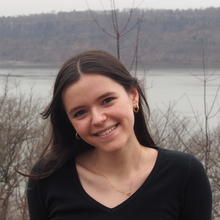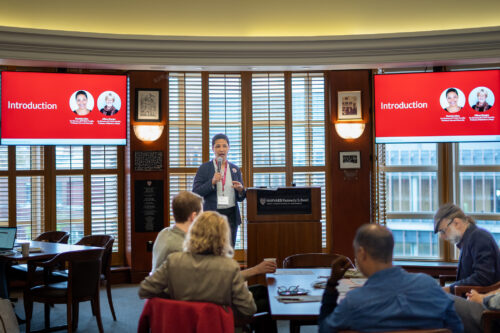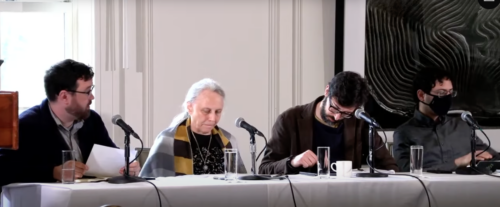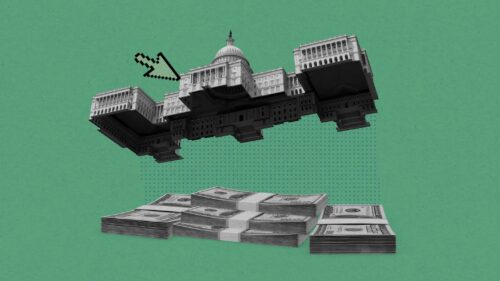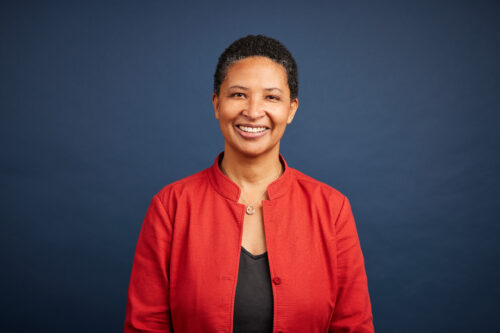
Danielle Allen
Professor of Public Policy, James Bryant Conant University Professor
Renovating democratic institutions for the 21st century
The Allen Lab for Democracy Renovation develops the policy innovations needed to achieve healthy democracy in the 21st century. Healthy democracy today must deliver responsive representation and effective decision-making for large, complex, heterogeneous, digitally-powered societies operating in a globalized economy. Our multidisciplinary community of scholars, practitioners, and partner organizations work together to shepherd concepts and reforms into practice — to translate research into impact.
The lab currently supports four key research workstreams:
Professor of Public Policy, James Bryant Conant University Professor
PhD, Senior Lab Director
Associate Director for Technology & Democracy
Lab Affiliate; Assoc. Professor, UCSF Law School
Doctoral Student, Harvard Government Department
Harvard College
Researcher, Harvard College
Doctoral Student, Harvard Government Department
Harvard College
Non-Resident Senior Fellow, Allen Lab for Democracy Renovation
July 2024-June 2026
Policy Fellow, AY2025-2026
Researcher, Harvard College
Doctoral Student, Harvard Government Department
Non-resident Policy Fellow, AY2025-2026
Policy Fellow, AY2025-2026
Researcher;
Doctoral Student, Harvard Government Department
Policy Fellow, AY2025-2026
Policy Fellow, AY2025-2026
Policy Fellow, AY2025-2026
Policy Fellow, AY2025-2026
Lab Affiliate; Executive Director, Berkman Klein Center
Doctoral Student, Harvard Government Department
Research Fellow, AY2025-2026
Senior Fellow, Allen Lab for Democracy Renovation;
Co-Director and Co-Investigator, GETTING-Plurality Research Network
Feb. 2024-Jan. 2026
Policy Fellow, AY2025-2026
Non-resident Policy Fellow, AY2025-2026
Harvard College
Researcher, Harvard College
Researcher, Harvard College
Researcher, Harvard College
Researcher, Harvard College
Researcher, Harvard College
Principal Investigator;
Post-Doctoral Fellow, Columbia University
Researcher, Harvard College
Professor, Santa Fe Institute
Researcher, Harvard College
Researcher, Harvard College
Researcher;
Master in Urban Planning Candidate, Harvard Graduate School of Design
PhD; Fulbright Alumnus
EthicAI and Former Visiting Fellow, Allen Lab for Democracy Renovation
Allen Lab Policy Fellow AY 2023-2025
Communications, Harvard College
Online Event
2:00 pm – 3:30 pm EST
Policy Brief
We face a fundamental question: is the very pursuit of Artificial General Intelligence (AGI) the kind of aim democracies should allow?
Additional Resource
This essay was adopted from a presentation given by Aviv Ovadya at the Second Interdisciplinary Workshop on Reimagining Democracy held on the campus of Harvard Kennedy School in December 2023.
Commentary
Allen Lab Senior Fellow, Allison Stanger, and Jaron Lanier outline a world without Section 230.
Additional Resource
“The Real Dangers of Generative AI” by Danielle Allen and Glen Weyl was featured in the January 2024 Journal of Democracy.
Abstract: As perhaps the most consequential technology of our time, Generative Foundation Models (GFMs) present unprecedented challenges for democratic institutions. By allowing deception and de-contextualized information sharing at a previously unimaginable scale and pace, GFMs could undermine the foundations of democracy. At the same time, the investment scale required to develop the models and the race dynamics around that development threaten to enable concentrations of democratically unaccountable power (both public and private). This essay examines the twin threats of collapse and singularity occasioned by the rise of GFMs.
Occasional Paper
Video
The “Advancements in Global AI Policy” webinar featured the following speakers and topics:
Video
“Regulating Web3: Global Trends and Challenges” webinar session featured the following speakers and topics:
Additional Resource
On November 7, 2023, the Summit on AI and Democracy gathered experts across multiple institutions to discuss ongoing research, policy, and development efforts related to the recent advancements in artificial intelligence.
Additional Resource
“Reimagining Democracy for AI” by Aviv Ovadya was featured in the October 2023 Journal of Democracy.
Abstract: AI advances are shattering assumptions that both our democracies and our international order rely on. Reinventing our “democratic infrastructure” is thus critically necessary—and the author argues that it is also possible. Four interconnected and accelerating democratic paradigm shifts illustrate the potential: representative deliberations, AI augmentation, democracy-as-a-service, and platform democracy. Such innovations provide a viable path toward not just reimagining traditional democracies but enabling the transnational and even global democratic processes critical for addressing the broader challenges posed by destabilizing AI advances—including those relating to AI alignment and global agreements. We can and must rapidly invest in such democratic innovation if we are to ensure that our democratic capacity increases with our power.
Video
“The Dark Side of AI: Crime and Adversarial Use Cases” webinar session featured the following speakers and topics:
Video
The “Introduction to AI and Public Policy” webinar session featured the following speakers and topics:
Article
This working paper aims to articulate an interdisciplinary research and practice area focused around bridging systems.
Policy Brief
The GETTING-Plurality Research Network submitted a series of memos which respond to various questions posed around the topics of bolstering democracy and civic participation; protecting rights, safety, and national security; and promoting economic growth and good jobs.
Video
GETTING-Plurality Workstream Lead Aviv Ovadya recently discussed his work on bridging systems as part of “Optimizing for What? Algorithmic Amplification and Society.” This two-day symposium at Columbia University’s Knight First Amendment Institute explored algorithmic amplification and distortion as well as potential interventions.
Commentary
ChatGPT and other AIs could supercharge the influence of lobbyists—but only if we let them.
